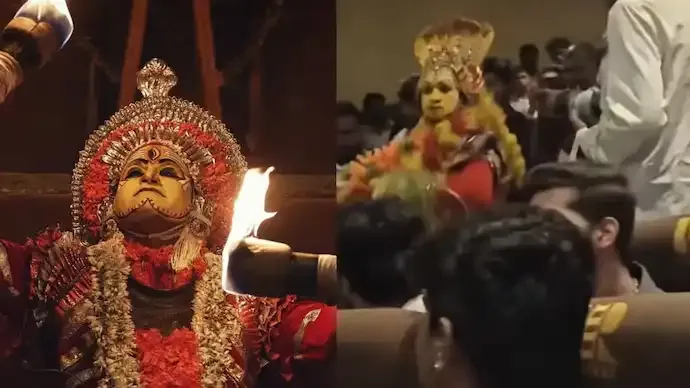Shopping cart
Your cart empty!
Terms of use dolor sit amet consectetur, adipisicing elit. Recusandae provident ullam aperiam quo ad non corrupti sit vel quam repellat ipsa quod sed, repellendus adipisci, ducimus ea modi odio assumenda.
Lorem ipsum dolor sit amet consectetur adipisicing elit. Sequi, cum esse possimus officiis amet ea voluptatibus libero! Dolorum assumenda esse, deserunt ipsum ad iusto! Praesentium error nobis tenetur at, quis nostrum facere excepturi architecto totam.
Lorem ipsum dolor sit amet consectetur adipisicing elit. Inventore, soluta alias eaque modi ipsum sint iusto fugiat vero velit rerum.
Sequi, cum esse possimus officiis amet ea voluptatibus libero! Dolorum assumenda esse, deserunt ipsum ad iusto! Praesentium error nobis tenetur at, quis nostrum facere excepturi architecto totam.
Lorem ipsum dolor sit amet consectetur adipisicing elit. Inventore, soluta alias eaque modi ipsum sint iusto fugiat vero velit rerum.
Dolor sit amet consectetur adipisicing elit. Sequi, cum esse possimus officiis amet ea voluptatibus libero! Dolorum assumenda esse, deserunt ipsum ad iusto! Praesentium error nobis tenetur at, quis nostrum facere excepturi architecto totam.
Lorem ipsum dolor sit amet consectetur adipisicing elit. Inventore, soluta alias eaque modi ipsum sint iusto fugiat vero velit rerum.
Sit amet consectetur adipisicing elit. Sequi, cum esse possimus officiis amet ea voluptatibus libero! Dolorum assumenda esse, deserunt ipsum ad iusto! Praesentium error nobis tenetur at, quis nostrum facere excepturi architecto totam.
Lorem ipsum dolor sit amet consectetur adipisicing elit. Inventore, soluta alias eaque modi ipsum sint iusto fugiat vero velit rerum.
Do you agree to our terms? Sign up

Rishab Shetty’s Kantara: Chapter 1 has stormed the box office since its release on October 2, earning both critical acclaim and audience devotion for its authentic portrayal of Tulunadu’s sacred Daiva traditions. However, the film’s soaring popularity has now sparked controversy, as some fans have begun imitating the sacred Daiva possession rituals in theatres — acts that have deeply hurt both Shetty and the Tulu community.
Viral videos from cinema halls in Tamil Nadu and Karnataka show fans dressing as Daiva and performing possession sequences from the film. In one instance, a fan in Dindigul, Tamil Nadu, performed the ritual inside Uma Rajendraa theatre, while another incident outside Bengaluru’s Anjan Theatre showed a fan mimicking the sacred trance scene.
These imitations, though intended as admiration, have drawn sharp criticism online. Many from the Tulu community have condemned the acts, calling them a trivialisation of centuries-old spiritual traditions.
Daiva worship, or Dhaivaradhane, is an ancient ritual tradition from coastal Karnataka’s Tulunadu region. It involves invoking divine spirits through dance and trance, symbolising a living connection between the divine and the devotees. In Kantara, these rituals were carefully depicted to convey their spiritual depth and emotional gravity, not for entertainment value.
For devotees, Daiva is not a performance — it is a sacred embodiment of faith, heritage, and community identity.
Speaking exclusively to India Today Digital, Rishab Shetty expressed disappointment over fans reenacting Daiva rituals. “We treated the depiction of Daiva with utmost care. Every time we performed those scenes, we took blessings of the Daiva. What is shown in the film is sacred — it should not be distorted or imitated,” he said.
He urged fans to appreciate Kantara as cinema without misrepresenting its spiritual essence. “When people imitate these rituals for fun or social media, it deeply hurts our sentiments. Please remember, what we have portrayed is our living tradition,” Shetty added.
Hombale Films, the production house behind Kantara: Chapter 1, echoed Shetty’s sentiments. In a public appeal, the studio stated that Dhaivaradhane is a “profound symbol of faith and cultural pride” and should never be mimicked or trivialised.
Their statement read: “Daiva worship, as depicted in our film, is rooted in deep spiritual tradition and not intended for performance or casual imitation. Such acts hurt the religious sentiments of the Tulu community. We request everyone to uphold the sanctity of this invaluable cultural heritage.”
The team urged viewers to celebrate the film’s artistic success while maintaining respect for the faith that inspired it.
The controversy serves as a reminder that cinematic art inspired by real traditions must be viewed with cultural sensitivity. Kantara: Chapter 1 was created to honour the spiritual roots of Tulunadu, not to transform them into trends.
45
Published: Oct 08, 2025